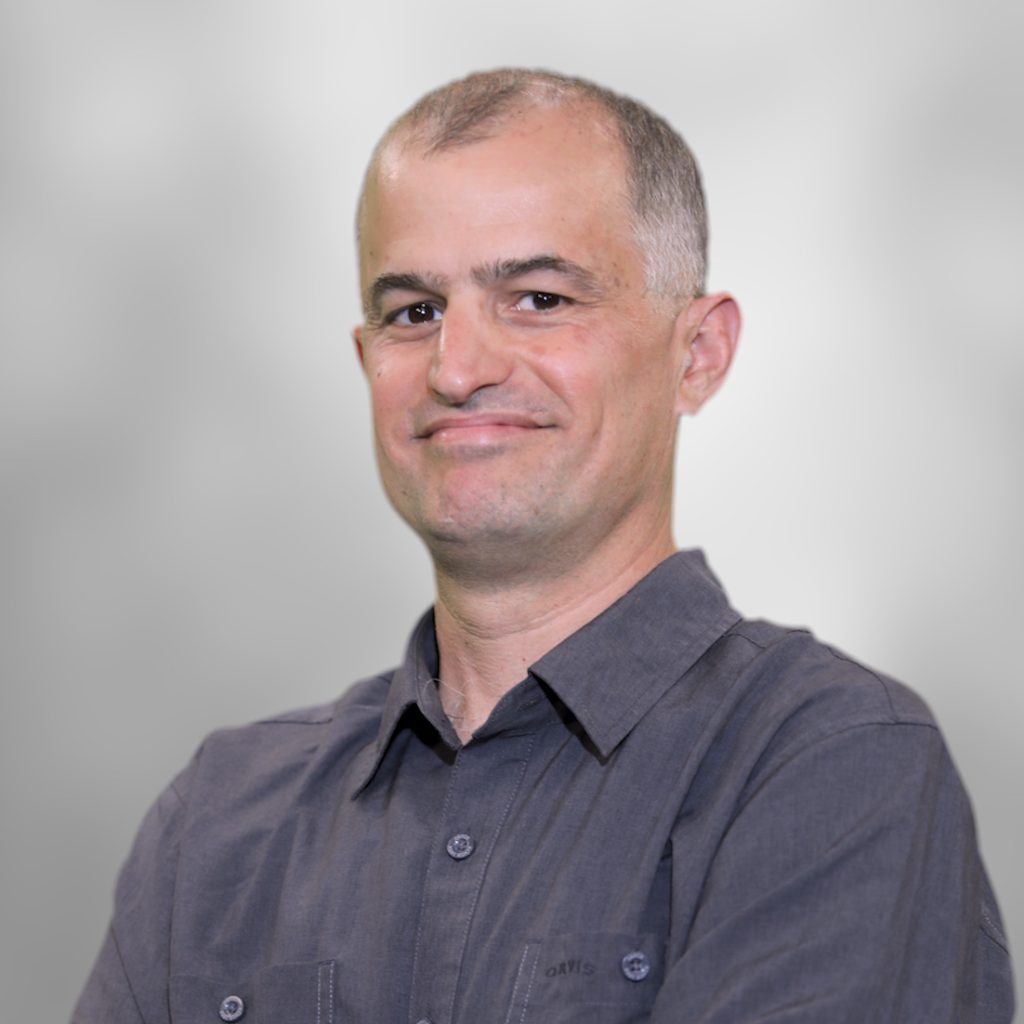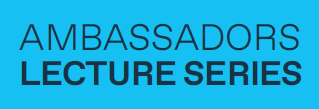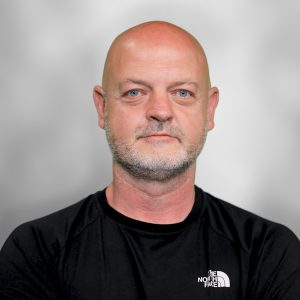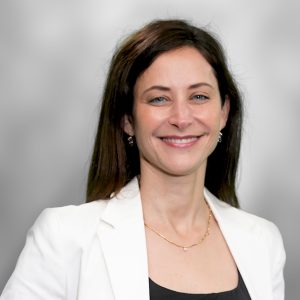

Prof. Yuval Feinstein
Department of Sociology
Herta and Paul Amir Faculty of Social Sciences
Field of Research:
Ethnicity, Nationalism, Political Attitudes, Peace and War
From Tension to Strategy: Real-Time Responses to Ethnic and National Conflict
Prof. Yuval Feinstein is creating a center that turns fast-moving data into timely, evidence-based guidance for leaders navigating crises – helping Israeli society respond to division with insight for long-lasting coexistence.
The Project
Guided by the vision and academic leadership of Yuval Feinstein, the University of Haifa plans to establish a research center dedicated to ethnic and national conflict in Israel.
The independent research unit will develop practical, evidence-based strategies for easing tensions during crises and fostering long-term coexistence and integration.
- Collecting real-time data to respond quickly to unfolding events.
- Using surveys, social media analysis, interviews, and focus groups to capture broad trends and deeper social dynamics.
- Synthesizing this data into timely, actionable recommendations for policymakers, civil society, and community leaders.
Fundraising Goals
Philanthropic partnership is sought to establish a research center that will:
- Bring together scholars, community leaders, and practitioners from across Israeli society and its diasporas.
- Enable seamless flow from rapid data collection to informed action.
- Support the design of inclusive, long-term conflict resolution and integrated strategies.
Meet Yuval Feinstein
I am a Professor of Sociology at the University of Haifa, where I’ve taught since 2012 after earning my PhD from UCLA. I’ve served as Chair of the Department of Sociology and currently serve as Vice Dean of Research in the Herta and Paul Amir Faculty of Social Sciences.
My research examines how national belief systems influence emotions, attitudes, and policy preferences in times of crisis, alongside the dynamics of inter-ethnic relations. Using diverse methods and cross-national comparisons, I aim to uncover the emotional, social, and political factors that shape both conflict and coexistence. This work has been supported by national and international organizations, including a Marie Curie Fellowship from the European Union, and I have served as a guest researcher at Harvard University’s Weatherhead Center for International Affairs.
Outside of academia, I enjoy mountain biking, hiking, and playing guitar. I’m also a proud father of three daughters who inspire my commitment to coexistence and peace.



